An irrigation system is a helpful tool for watering the vegetation on your property in Tennessee. However, it's important to be vigilant and watch out for signs of a leak. The most common indication of a leak is the presence of overly damp areas on your lawn. If you notice such areas, you can sometimes use their location to identify where the leak is coming from. Additionally, keep a close eye on your water bill because if it's unusually high, it could indicate a problem with your irrigation system. Low water pressure and wet valve boxes are also signs of a leak, so you'll want to take prompt action if you notice them.
Abnormal wet spots on your lawn could mean a leak in your irrigation system.
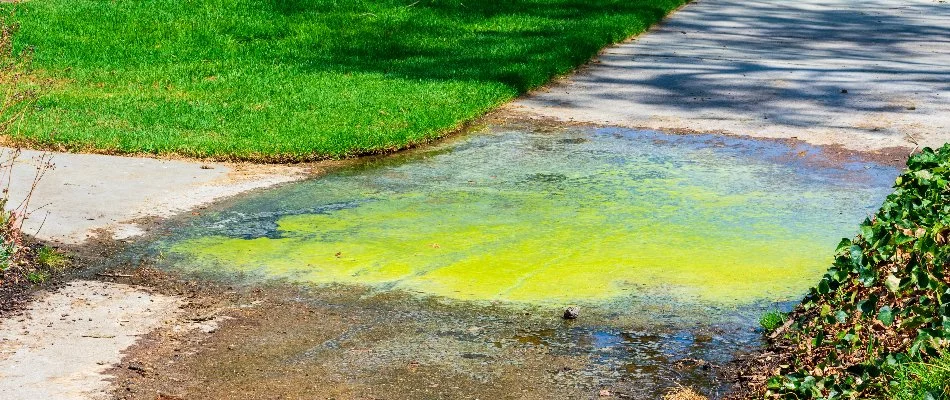
When your lawn begins collecting unusually large amounts of water, it could indicate a leak in your irrigation system. This leak could be caused by a cracked water line or a broken sprinkler head, and if this is the case, water will pool or bubble up from your soil and turf. The leaked water may drain from your lawn and collect on nearby concrete as well, so if you see wet spots there, keep in mind it might originate from your irrigation system having a leak.
In order to locate the leak, you should look near and between sprinkler heads. If you notice water between sprinklers, this could suggest that there is a leak in an underground pipe. Another sign of a leak is when sprinkler heads continue to weep even after a regular cycle. This could indicate that the sprinkler head is damaged or worn out and needs to be replaced.
A higher-than-usual water bill is an indication of an irrigation system leak.
One of the most common causes of an increase in a water bill is an irrigation system leak. Even a small leak can result in a significant increase in your water bill over time. This is why it's important to keep an eye on your water bill to ensure that it's not going up. Generally, your water bill should remain consistent unless you have made significant changes to your water usage habits. However, if you notice a sudden increase in your water bill without any corresponding changes in your water usage, it could be a sign of a leak in your irrigation system.
Low water pressure could indicate a leak in your irrigation system.
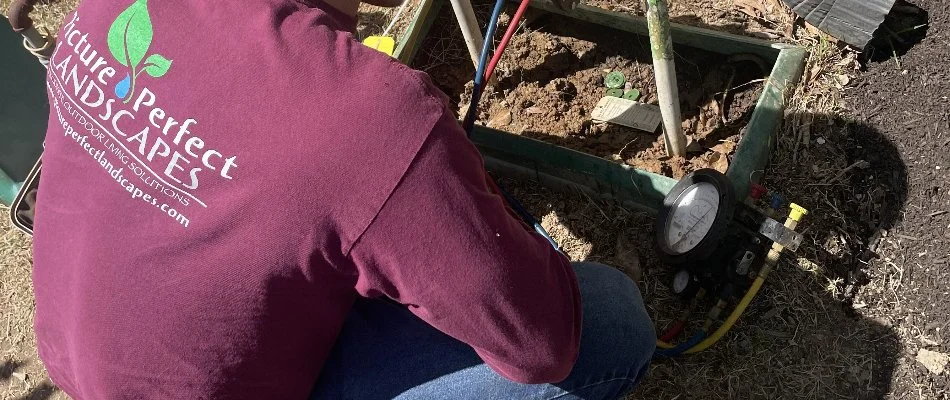
If you've noticed that the water pressure in your irrigation system is lower than usual, it could be due to a leak somewhere. When water is escaping through a leak, it will cause a reduction in the pressure of your irrigation system, which will reduce the effectiveness of your watering. As a result, more water is being wasted and less is being utilized by your lawn.
Wet valve boxes might mean that your irrigation system has a leak.
Valve boxes are located underground and are designed to hold valves and electrical components that control your irrigation system. When water collects in your valve box, it indicates that there is a leak in your system. A broken or loose valve, a damaged pipe, or other issues could cause this leak. Ignoring a leak can result in further, more costly issues. The electrical components in your valve box make it even more crucial to address the issue immediately. Water can cause corrosion and rust on the wires and electrical connections, which can lead to system malfunctions.
Book our irrigation repair service by calling us today!
Noticing any of these signs of an irrigation system leak can be a shock, but don't let it overwhelm you! Here at Picture Perfect Landscapes, we'll come out to your property to inspect and repair any leaks or damage to your irrigation system. We have been in business for 19 years, and our technicians can fix any part of your irrigation system. Our irrigation repair service is available to residential and commercial properties and HOAs in Memphis, TN, and nearby areas, such as Midtown Memphis and East Memphis.To schedule our irrigation repair service, call us at (901) 246-7656 today!

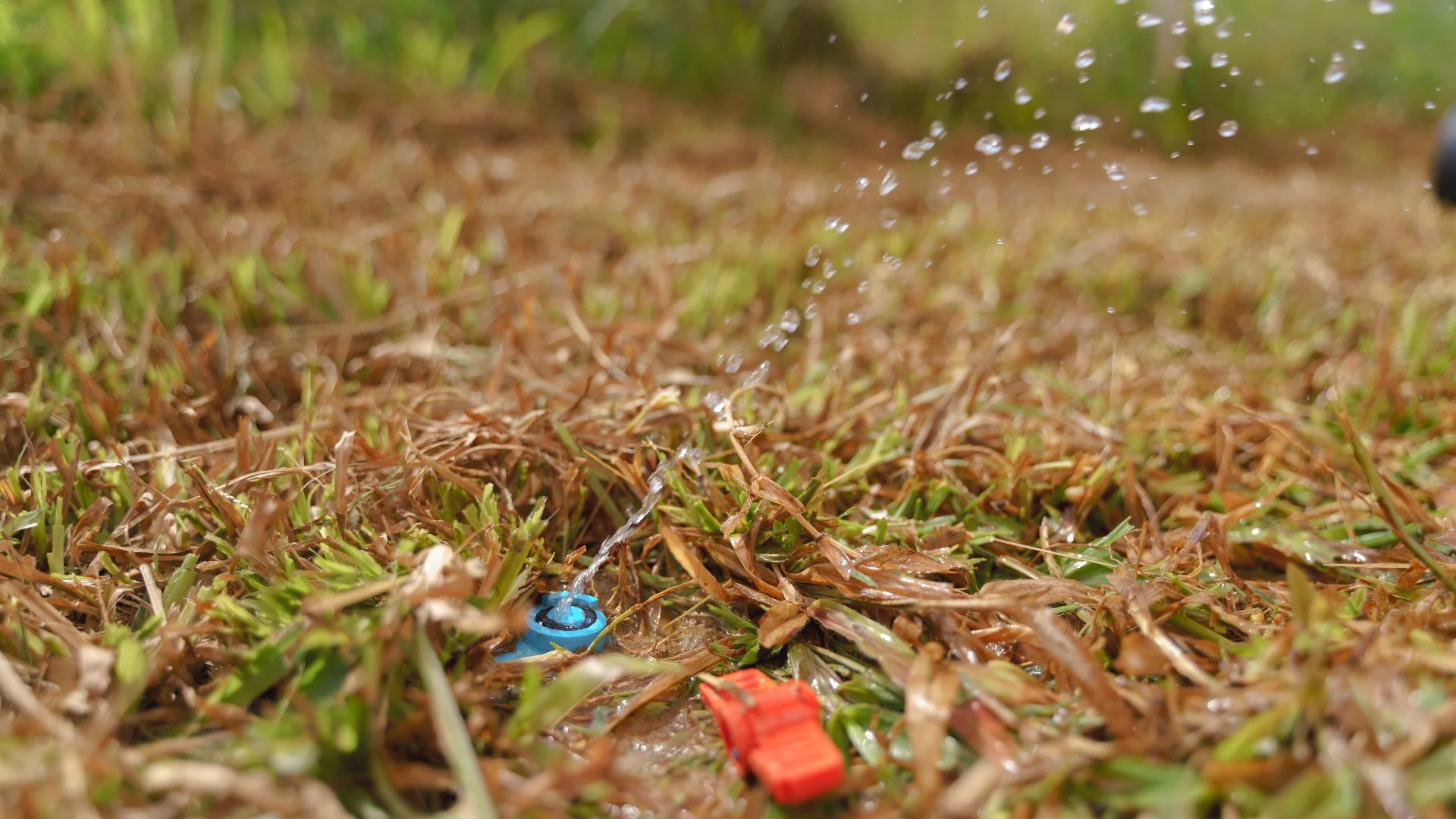
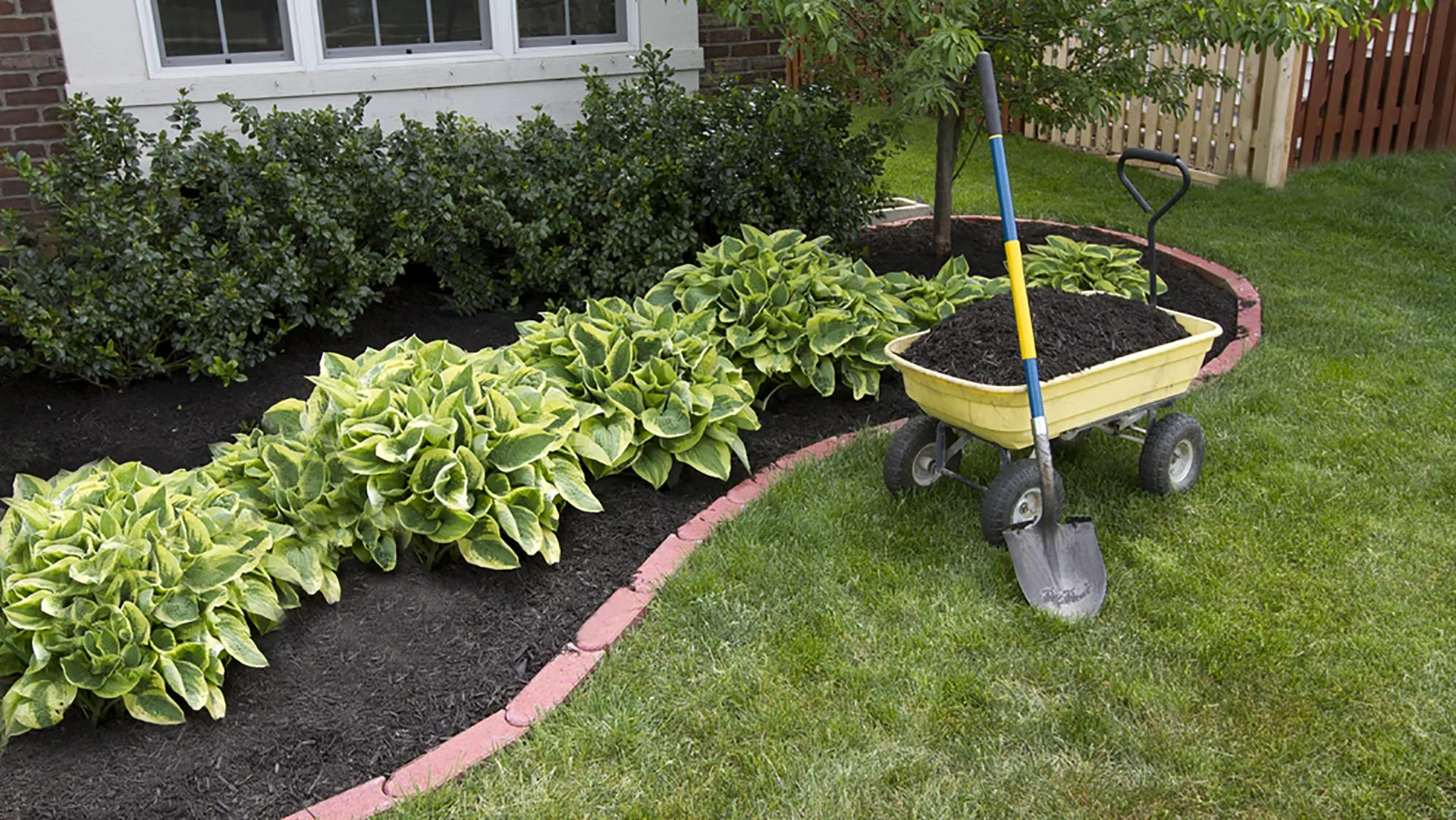
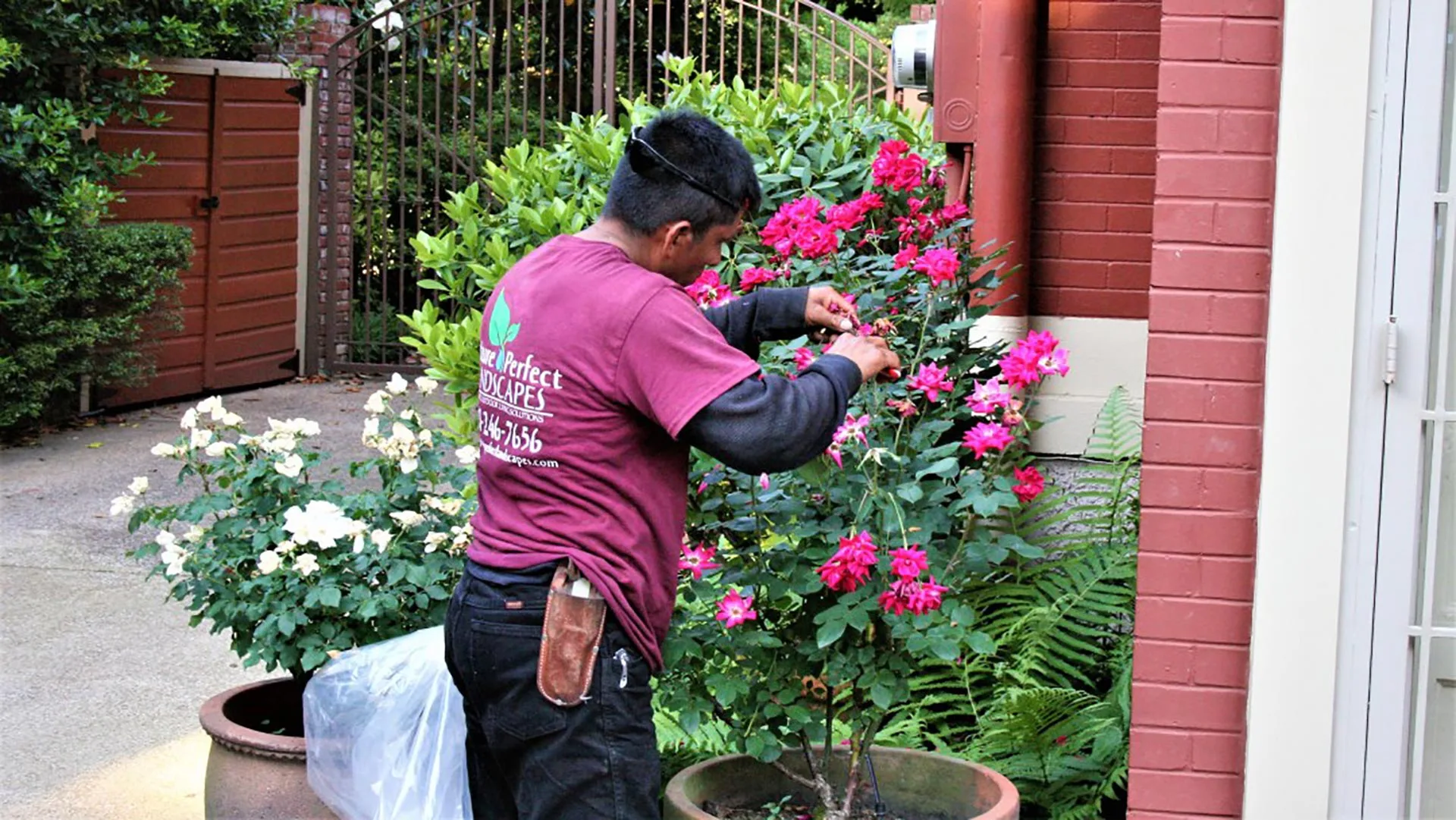
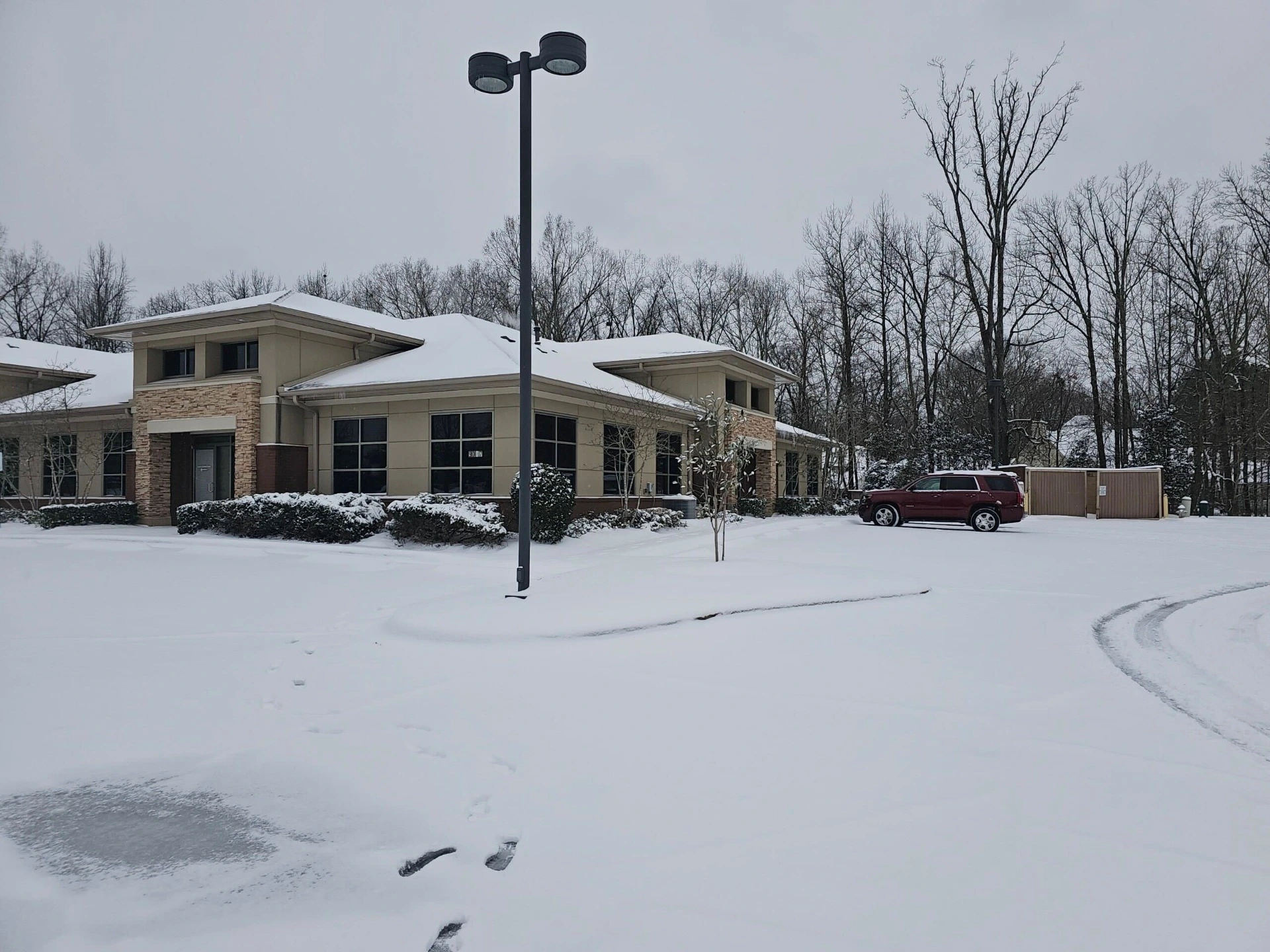


Comments (0)
Thanks for your comment!
Thanks for your feedback! Your comments have been successfully submitted! Please note, all comments require admin approval prior to display.
Error submitting comment!
There is a problem with your comment, please see below and try again.